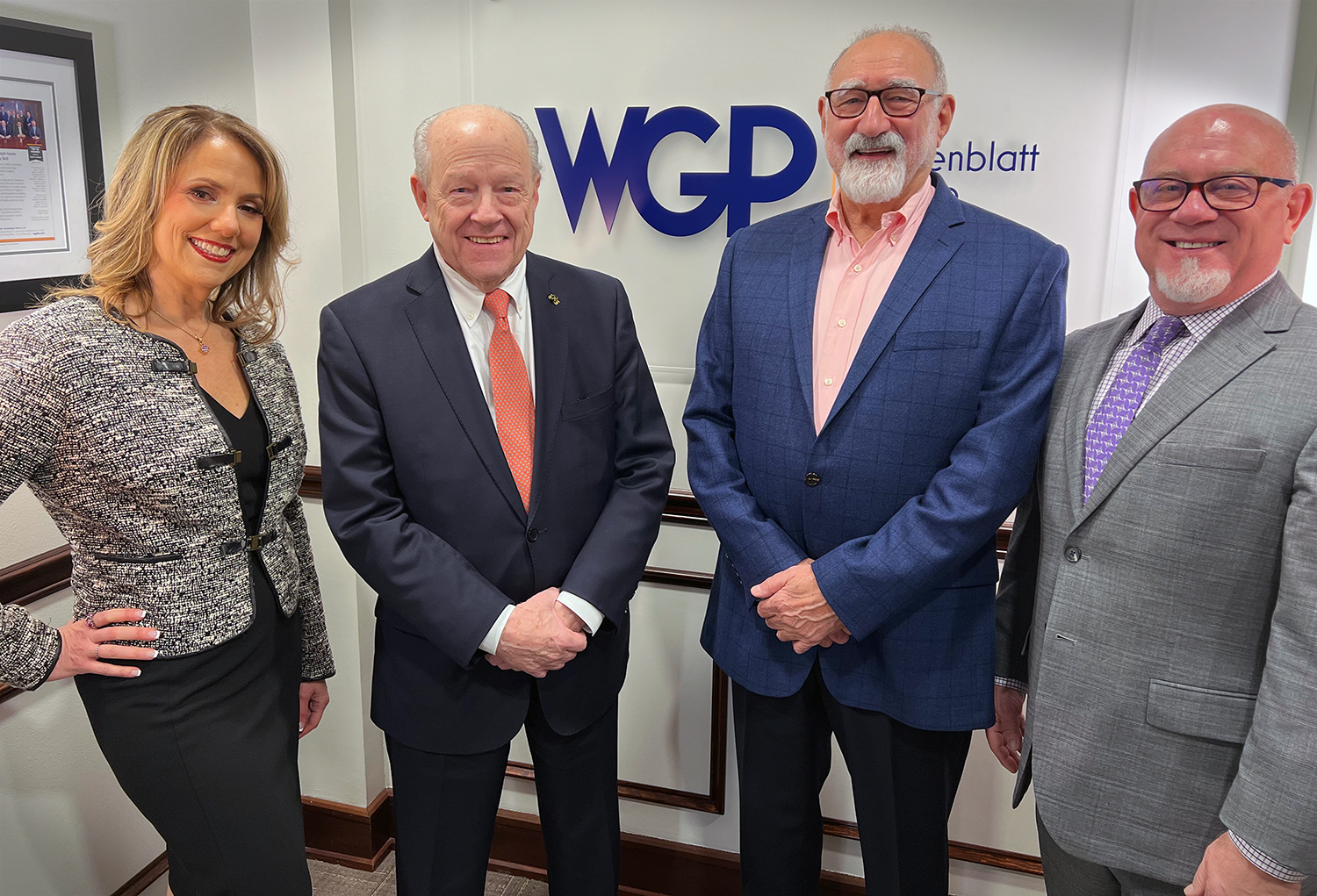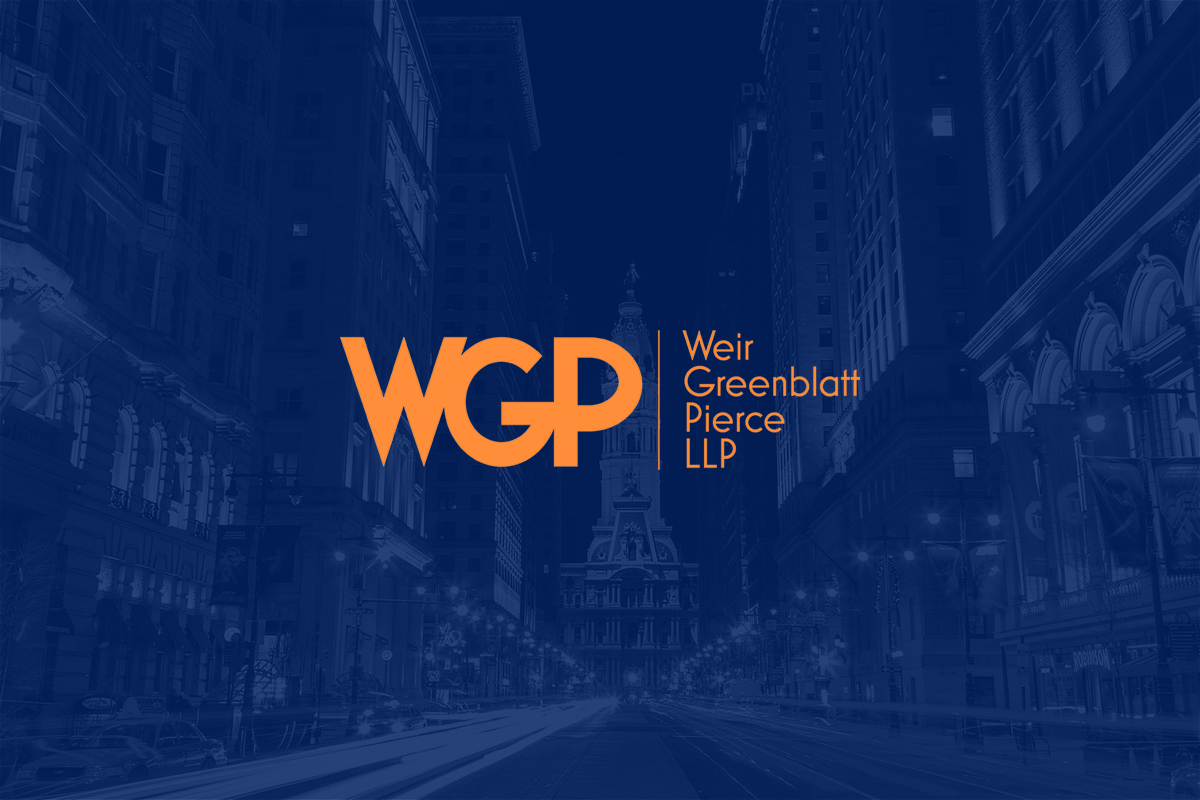By: DBHWebGPEFF
WHYY-FM Radio Times marks 50-year anniversary of Gideon v. Wainwright
Philadelphia, Pa. – March 18, 2013 – Attorney James A. Funt, a founding partner at Greenblatt, Pierce, Engle, Funt & Flores (gpffstaging.wpengine.com), was part of a panel discussion that explored the challenges resulting from the U.S. Supreme Court’s landmark decision 50 years ago that requires free legal representation for defendants who are unable to afford to pay their own attorneys.
Appearing on the WHYY-FM Radio Times show hosted by Marty Moss-Coane, Attorney Funt pointed out that as a result of the Supreme Court decision, “You had the creation of public defenders offices throughout the country, some of which have done rather well, and the Philadelphia public defenders office is a model, and others that don’t do so well. But all public defenders offices are faced with the constant issue of funding.”
The landmark decision stemmed from the 1961 arrest of 51-year-old Clarence Earl Gideon for burglary of a Florida pool hall. Gideon was forced to represent himself in the courtroom after a lower court judge denied Gideon’s request for free representation by counsel, saying it was not a death penalty case. After being found guilty and sentenced to five years in prison, Gideon wrote to the Supreme Court from his prison cell and in 1963 successfully won his appeal in the now famous Gideon v. Louie L. Wainwright, corrections director, ruling. It stated that under the Fourteenth Amendment, state courts are required to provide free legal counsel in criminal cases to those unable to afford their own attorney. Gideon’s burglary case went back to the lower court where the court assigned him a lawyer. After hearing compelling evidence, the jury returned with a not guilty verdict in less than an hour.
Although the Supreme Court decision was viewed as a celebration of American justice, ramifications from the ruling exist 50 years later. Results from a 2012 Rand study pinpoint challenges that include the availability of public funds and the competency of legal representation.
“The great thing about the Gideon decision was that an uneducated man with literally a pencil scribing on prison stationary could have access to justice in the highest court of the land is a remarkable celebration of our access to justice by indigent people,” Funt, chairman of the Criminal Justice section of the Philadelphia Bar Association, noted during the panel discussion. “The question now is how do we honor what he went through in order to finally get to where we believe we need to be in terms of access to justice for indigent folks?”
The Rand study analyzed homicide cases in Philadelphia and found that court-appointed attorneys did not have the same kind of outcomes as public defenders. The study raises the concern of whether taxpayer monies are being wasted due to a lack of funding for quality representation. In Pennsylvania, individual counties decide how monies get disbursed.
As part of the discussion, Funt, who specializes in blue collar and white collar criminal defense, civil rights and the plaintiff’s side of employment discrimination, explained the public and political perception surrounding the issue. “The decision mandates that resources that were going somewhere else now have to be diverted towards poor people. That has created class warfare of sorts where poor people all are lumped together and vilified as just being criminals,” he explained. “And that becomes difficult for political will to fund cases when you have working people saying, ‘Why should I provide my tax dollars to some poor criminal. I have to pay for my own lawyer.’ There becomes a real difficulty in trying to divest ourselves from that internal debate to convince the powers that be to get adequate funds for specific cases. Akin to teachers, we have to teach people of the value of lawyers. We have to educate people to create the political will to fund the cases better.”
The panel pointed out that while a lawyer costs money, the cost-saving returns to society are so large that it outweighs the cost of having a lawyer. State courts, the panel concluded, can do good by respecting this fundamental right and making sure there is competent counsel, but also work smart by properly funding court-appointed legal representation, which in turn, saves taxpayers’ money through lower incarceration rates.
About Greenblatt, Pierce, Engle, Funt & Flores: With offices in Philadelphia, Pennsylvania and Haddonfield, New Jersey, the Greenblatt, Pierce, Engle, Funt & Flores law firm specializes in criminal law, civil law, family law, employment law, corporate law and traffic violations. WGP has earned the U.S News Best Lawyers® “Best Law Firms” distinction. As a multi-disciplinary, full service law firm, WGP provides cost effective counseling and litigation in areas that include homicide and assault, white collar crimes, federal criminal defense, cyberspace crimes, sex crimes, DUI/DWI, traffic offenses, juvenile law, custody, divorce, domestic relations, domestic abuse, employment and employee benefits issues and civil rights. For more information, visit gpffstaging.wpengine.com.



